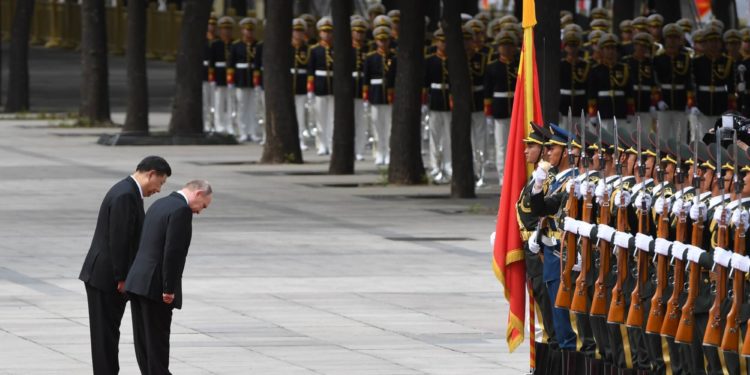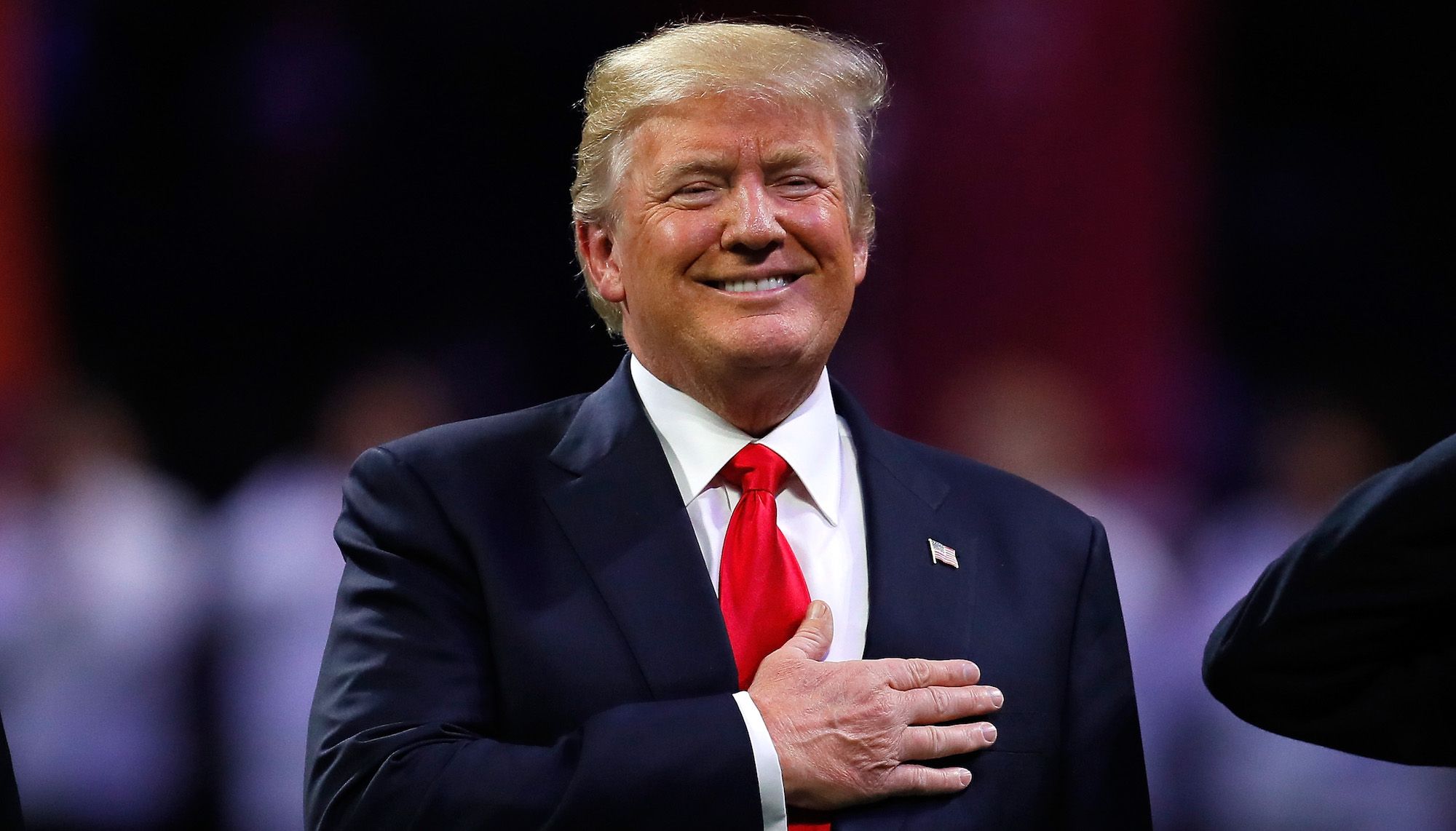In Sergey Lavrov’s recent interview with the Chinese media, the Russian Foreign Minister said abandoning payments in US dollars will help alleviate risk of sanctions.
“We need to reduce sanctions risks by strengthening our technological independence, by switching to payments in national currencies and in world currencies, alternative to the dollar. We need to move away from the use of Western-controlled international payment systems,” Lavrov said in an interview with Chinese media.
Diplomacy
Lavrov believes the US is attempting to limit technological development of China and Russia, so they are moving to strengthen their independence.
“They are promoting their ideologised agenda aimed at maintaining their dominance by holding back the development of other countries. This policy runs counter to the objective trend and, as it was customary to say, is ‘on the wrong side of history.’ The historical process will still take its toll,” Lavrov said.
Instead of using diplomacy the, Lavrov states the US resorts to placing sanctions on foreign countries.
“Diplomacy is relations between people, it is the ability to listen to each other and hear each other and the ability to find a balance of interests. That’s exactly the values that the Russian Federation and the People’s Republic of China are promoting in diplomacy,” Lavrov said.
Coalition Against the West
To counteract what he sees as unilateral sanctions, Lavrov aims to create a coalition of countries to withstand the sanctions and create financial and technological independence from the West.
“You see how the US declares its task to limit the opportunities for technological development of both the Russian Federation and the People’s Republic of China. Therefore, we need to reduce the sanctions risks by strengthening our technological independence, by switching to settlements in national currencies and in world currencies that are alternative to the dollar. We need to move away from the use of Western-controlled international payment systems,” Lavrov said.
He emphasized ultimatums and expectations for a partner state to “accept mistakes” and agree to one-sided terms, is not diplomacy.
“This approach [sanctions instead of diplomacy] has, unfortunately, taken root in the US. It started with the administration of Barack Obama, continued for four years when Donald Trump was at the helm of the White House. Now we are seeing the same ‘instincts’ demonstrated by the new US administration,” the minister explained.
European Businesses Suffering
Lavrov makes it clear he does not see the sanctions as beneficial to any party. It benefits no one, he says, and points to losses the EU businesses have suffered due to anti-Russia sanctions.
“You hear how European business expresses dissatisfaction with the fact that it is incurring losses, and meanwhile its niche in the Russian market is being occupied by other countries that are guided by their national interests, the interests of developing their economy, supporting business, and not by the logic of punishing someone for something,” Lavrov said.
Russia is the first country to openly speak out about forming alliances against the US and the dollar, and in allegiance with China. Whether this happens or not, it seems Lavrov and other Russian officials are working to end their dependence on the west and the US dollar.
What’s Next?
Last week, the US State Department announced new sanctions against Russia over alleged poisoning of Russian opposition figure Alexei Navalny.
Kremiln spokesman Dmitry Peskov said Russia is “on the alert” because of “underground and unpredictable” US actions.
“We can’t rule out any of the potential threats. You can see that the sanctions aspirations of our opponents, especially the United States of America, continue on an increasing scale,” he said.
Countries across the world are fed up with the US and with Biden in office, these sentiments will only be exacerbated.






